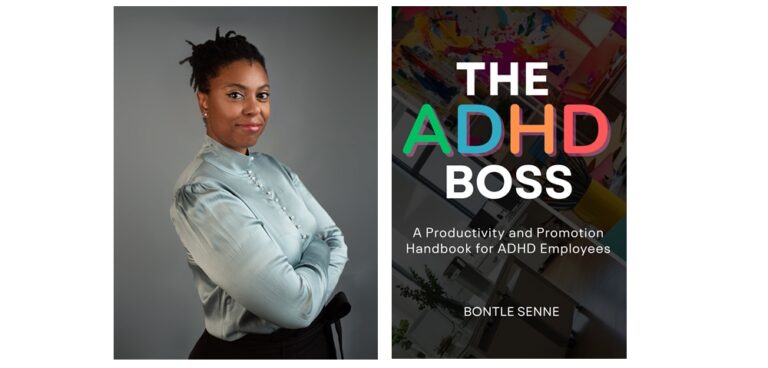You know that feeling when you are finally getting to one of your 1050 unread emails, but you can’t stop thinking about your last and next meeting, so a five-minute email takes you an hour? I know it well. Running on caffeine, anxiety, and adrenaline, I worked hours too embarrassing to tell my family about and still felt like I wasn’t doing enough for the business. I told myself that I was just busy, that once I got through this week, this proposal, this project, things would calm down. They didn’t.
That shaky line between “I’m fine” and “I can’t do this anymore” is where many of us overachievers live. I was convinced that the cure for exhaustion was one more burst of productivity. I kept pushing until I learned the hard (and expensive) way that overwhelm and busyness are different animals. Knowing the difference matters because it changes what you do next. You cannot out-plan, outsmart, out-work, or out-organise overwhelm.
Make your to-do and doing lists visible and measurable,.
Overwhelm and busyness both create anxiety, but for completely different reasons.
If you are overwhelmed, your work-in-progress (WIP) list is so long that you do not know where to start. You half-finish tasks, juggle projects that never quite end, and exhaust your brain by trying to keep track of them all. You spend more energy managing the work than doing it.
If you are busy, the anxiety comes from sheer quantity. There is too much to do, but as you get more done, you feel less stressed.
Try thinking of yourself as a project and mapping all your commitments (personal and professional) on a visual board. I like Kanban boards because it’s easy to see when the “doing” column is overflowing. That is a strong indicator of overwhelm, especially if the thought of that list sparks unease. If every column is full but manageable, maybe you are just busy.
Test whether more time would change how stressed you feel.
Write down everything that feels unmanageable right now. For each item, ask yourself whether an extra day or week would make a difference to how you feel about it. If yes, you are busy. The fix is not simple, but it is mechanical: better prioritisation, delegation, or systems to stay organised.
If you instead feel you could clear your calendar for a week and still not get through it because of how stressful it feels right now, that is likely overwhelm. More time can ease busyness, but, frustratingly, not have any impact on how overwhelmed you feel.
Check your beliefs against your reality.
Overwhelm lives in the gap between what you think you can handle and what you actually can. It is the voice that whispers, “You are not good enough to fix this,” no matter what the evidence or other people say. When you are busy, your self-belief stays mostly intact. You may be tired, but you still trust that you can power through.
Pull up a list of things you have already achieved. Ask a colleague or mentor what they genuinely think you have achieved. Then, ask yourself why you believe that you cannot get through this, given everything else you have survived. If you cannot think of any evidence-based reasons to believe you won’t eventually get through you’re to-do list, that internal voice of criticism and doubt might be overwhelm.
Next, look at the quality of your recent work. Busy periods can sometimes sharpen performance and even give you bursts of energy if you love to push yourself. Overwhelm does the opposite. Everything starts to feel subpar, no matter how hard you try. It flattens you. That constant fatigue, even after rest, is not laziness. It is your nervous system waving the biggest red flag it can find.
Lastly, notice what you get praised for. Busyness gets rewarded. People call you efficient, dedicated, or a “safe pair of hands”.
Overwhelm gets judged. You sense others’ pity or frustration, and you feel the shame of not being able to just “get on with it”. That shame is a sign of the emotional depletion inherent to overwhelm.
Accept that clarity must come before recovery or productivity
The line between busy and overwhelmed is not drawn by how much you do but by how you feel while doing it.
Busyness ends when the work ends. Overwhelm lingers long after. You close the laptop, but your body keeps bracing for the next blow. Sitting in a state of continuous overwhelm quickly becomes burnout, and burnout is not a first-world problem. It damages your brain structure, your gut, your hormonal balance, and your sleep cycles. That is why busyness can be managed while overwhelm feels like it’s managing you. Both are survivable, but only if you stop pretending that they are the same thing.
Clarity first, then productivity. That is how you build a career, a business, and a nervous system that lasts.
Author Bontle Senne is a speaker, transformation leader, author of The ADHD Boss, and coach for neurodivergent leaders.

